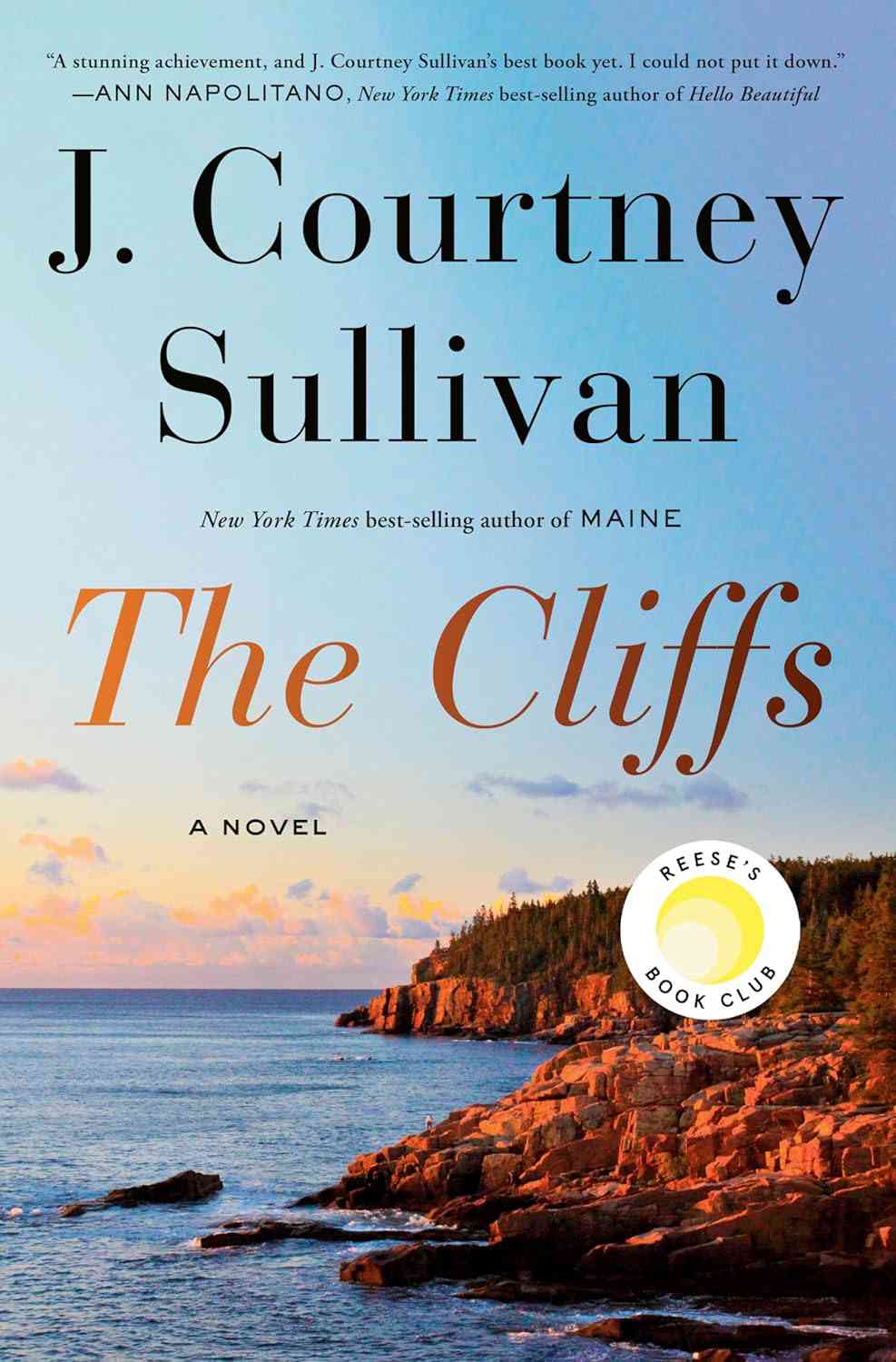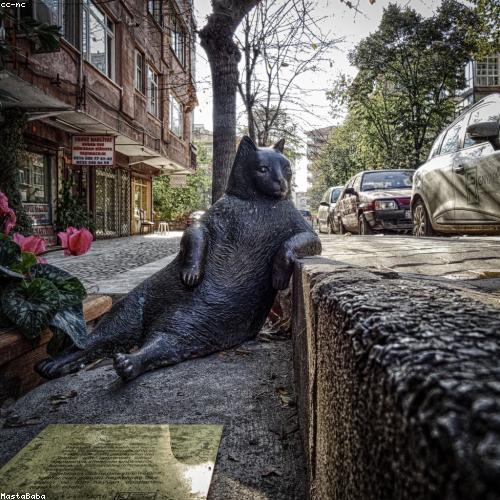
If you're looking for a book that blends history, mystery, and a touch of the supernatural, 'The Cliffs' is a compelling choice. The novel centers around Jane, an archivist grappling with alcoholism and personal turmoil, who returns to her hometown in Maine to uncover the secrets of an old Victorian house. The author, J. Courtney Sullivan, masterfully weaves together multiple timelines, from pre-colonial Indigenous tribes to modern-day struggles.
One of the standout features of this book is its rich historical detail. Sullivan's research into Native American history and Shaker culture is impeccable, adding depth and authenticity to the story. The chapters focusing on Eliza, a character from the past, were particularly gripping—I found myself wishing for an entire book dedicated to her life!
However, the novel isn't without its flaws. At times, the narrative feels disjointed, jumping between characters and timelines without clear transitions. I occasionally had to backtrack to remember how certain plot points connected. Additionally, while Jane's battle with alcoholism is poignant and well-portrayed, some readers might find it overwhelming—it dominates much of the story.
The ghostly elements are subtle but effective—more eerie than outright scary—and they add a layer of intrigue without overshadowing the human drama. The house itself almost feels like a character, with its haunting presence tying together generations of women.
That said, the ending left me wanting more. After such a detailed buildup, it felt abrupt and unresolved—like stepping off a cliff (pun intended). Some subplots also seemed unfinished; I would've loved deeper closure for certain characters.
Despite these quibbles, 'The Cliffs' is a thought-provoking read perfect for fans of historical fiction with a feminist twist. It’s especially resonant if you’re interested in themes like recovery, Indigenous history (great for Indigenous Peoples’ Day reading!), or small-town dynamics. Just be prepared for heavy themes alongside the ghost stories.
Final verdict? 4/5 stars—flawed but fascinating.

